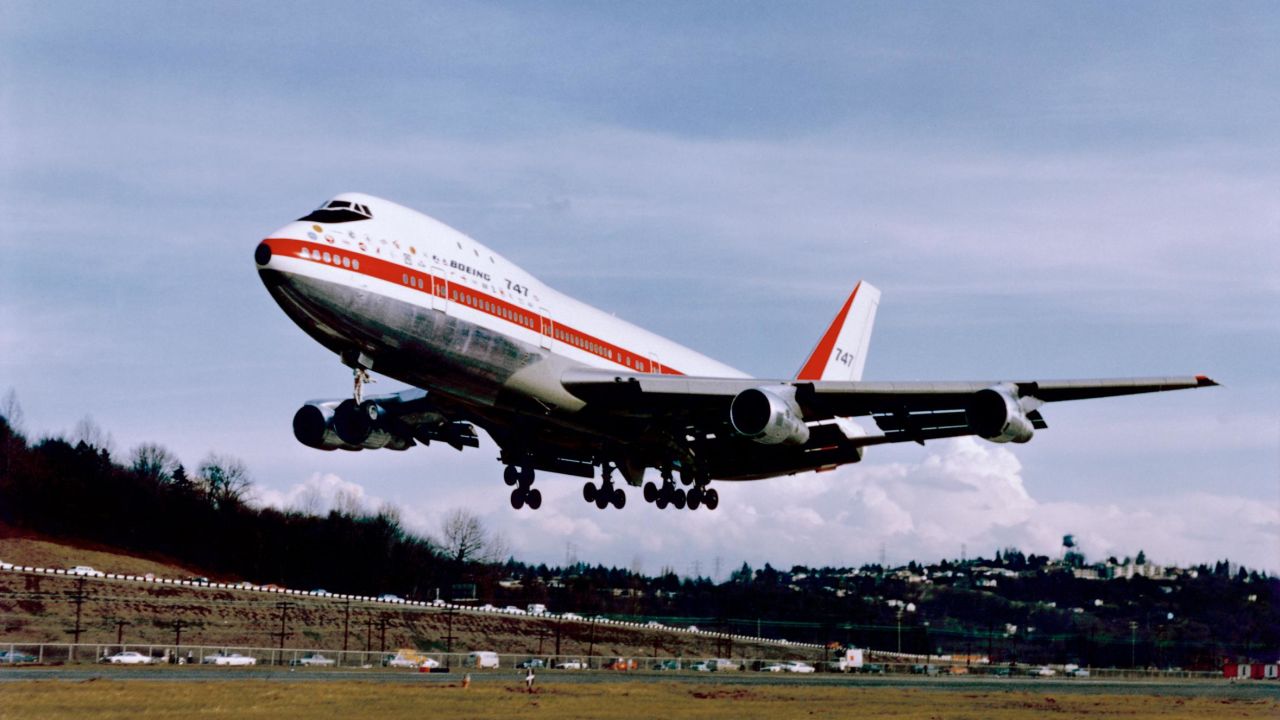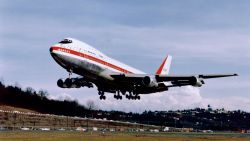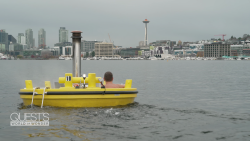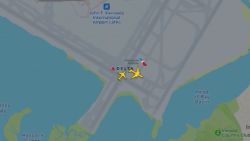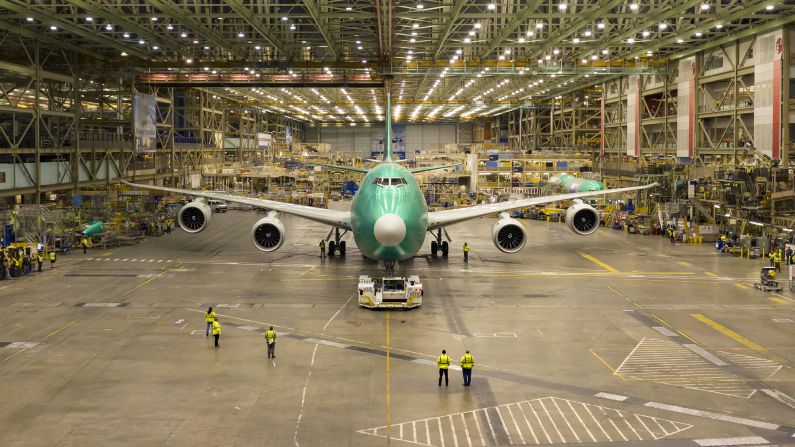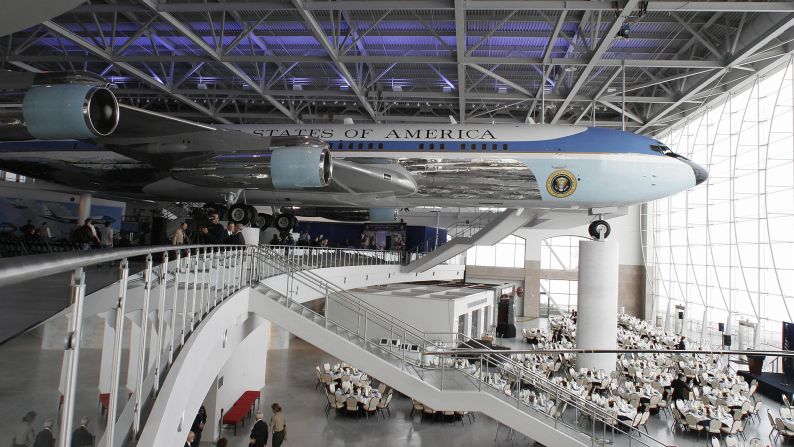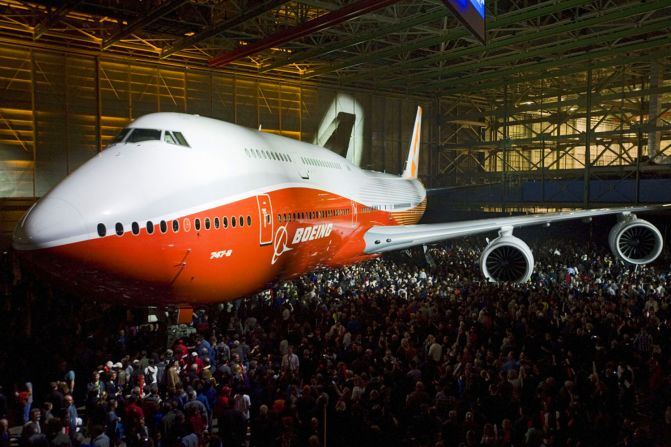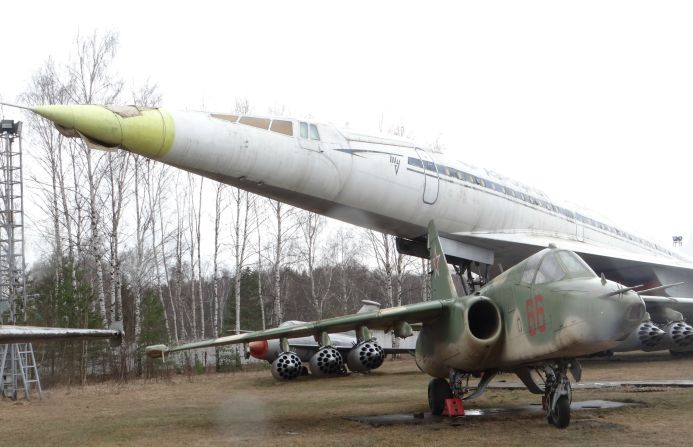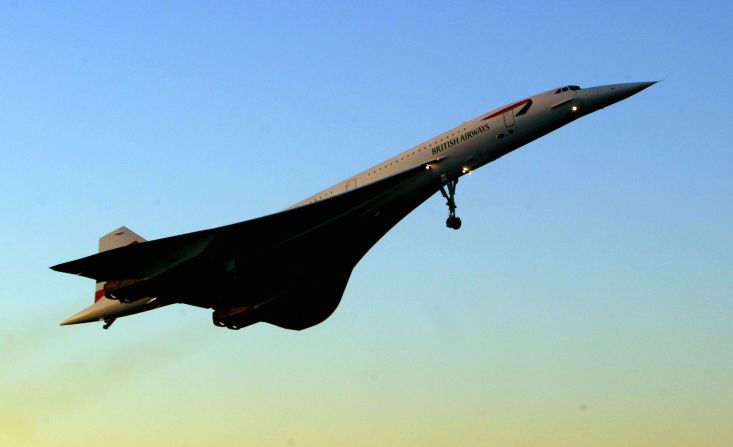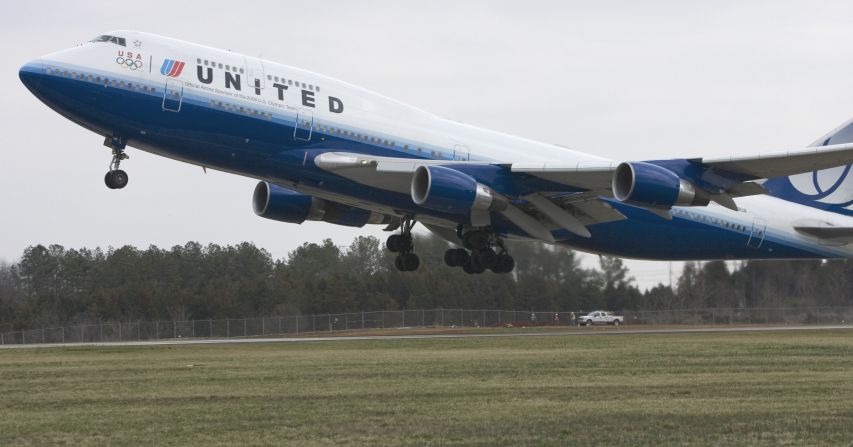More than half a century since the original jumbo jet ushered in a glamorous new jet age, helping bring affordable air travel to millions of passengers, the last-ever Boeing 747 was delivered on Tuesday, marking the start of the final chapter for the much-loved airplane.
In a ceremony that was broadcast live online, the aircraft was handed over to its new owner, US air cargo operator Atlas Air, at Boeing’s plant in Everett, Washington.
In a dramatic opening of the hangar’s sliding doors, Atlas Air’s new plane was revealed behind flags bearing the liveries of every carrier that’s ever taken delivery of a 747. The company has 56 of the aircraft in its fleet.
One small significant detail on the last one delivered: a decal right next to the nose paying homage to Joe Sutter, chief engineer of the Boeing 747 program, who died in 2016 and is considered by many as the “father” of this famous aircraft. Members of the Sutter family, as well as members of the Boeing family representing the company’s founder, Bill Boeing, attended the delivery ceremony on Tuesday.
John Dietrich, president and CEO of Atlas Air Worldwide, thanked the assembly of Boeing employees.
“The impact of your work continues well beyond the production lines,” Dietrich said. “It has fueled childhood dreams and career ambitions while at the same time driving global economies and supply chains.”
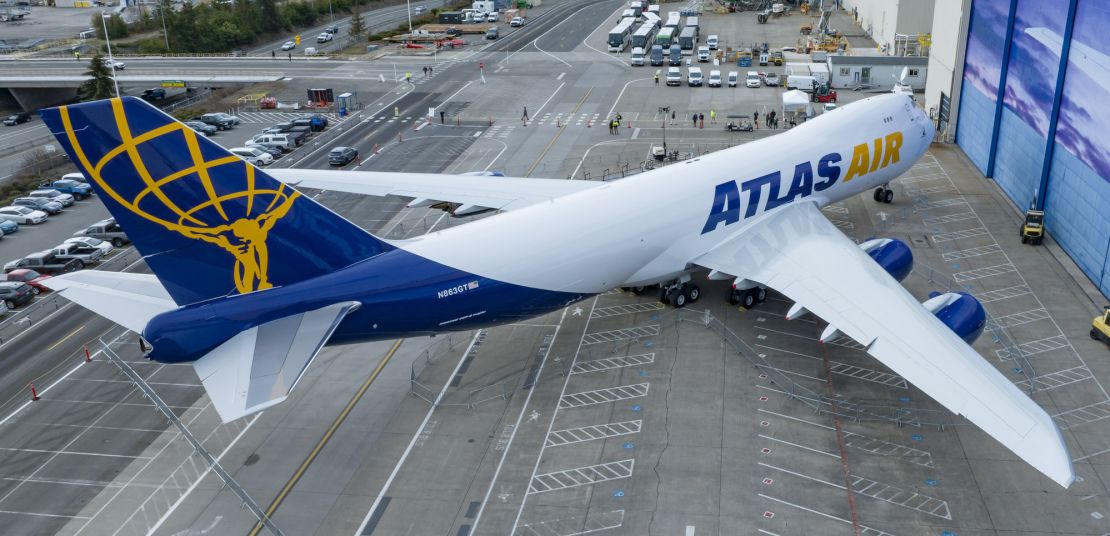
Dietrich also shared a flight plan spelling out “747” inside a crown for the “Queen of the Skies” that the new plane is set to fly on Wednesday.
A string of speakers representing companies that have relied on the 747 came to celebrate the aircraft.
“The 747 is a symbol for many, many things, and above all, I think it’s a symbol for the world, which the 747 has made substantially smaller,” said Lufthansa CEO Carsten Spohr.
Actor and pilot John Travolta, who narrated a series of videos chronicling the aircraft’s colorful history, appeared to thank the employees of Boeing for “the most well-thought-out and safest aircraft ever built.”
While the final 747 won’t be carrying paying passengers, its delivery is another milestone for the distinctive double-decker “Queen of the Skies,” which revolutionized intercontinental travel while also appearing in James Bond films and even giving piggyback rides to the Space Shuttle.
With the last passenger 747 having entered service more than five years ago, the end of the 747’s enduring career now moves even closer, hastened by airlines switching their preferences to smaller and more economical aircraft.
Tuesday’s delivery is a moment long anticipated by the global aviation community. Expectant airplane enthusiasts have followed every step of the final 747’s construction, ever since Boeing announced in July 2020 that it was ceasing production of its one-time flagship.
The aircraft, registered as N863GT, made its first public appearance in December, when it was rolled out of the Boeing assembly line covered in anti-corrosive green paint. In early January, photos appeared online of the aircraft, already wearing the Atlas Air livery and the homage to Joe Sutter.
Swan song
Interestingly for a jet that predates the Apollo Moon landings (it hit the skies a few months earlier, in February 1969), the Boeing 747’s production line has outlasted that of one of its most direct recent competitors, the Airbus A380, which was produced between 2003 and 2021.
It was the introduction of the European double-decker plane in the early 2000s that prompted Boeing to announce, in 2005, one last version of the 747 design that by that time was already starting to show its age.
The B747-8I (or B747-8 Intercontinental), as this last variant of the venerable jumbo jet is called, proved to be a swan song for large four-engined airliners.
Even though the A380 is currently enjoying a revival, with airlines rushing to bring stored aircraft back to service in response to the post-Covid air traffic recovery, these giants of the skies struggle to compete with the operational flexibility and fuel economies of smaller twin-engined jets.
As of December 2022, there are only 44 passenger versions of the 747 still in service, according to aviation analytics firm Cirium. That total is down from more than 130 in service as passenger jets at the end of 2019, just before the pandemic crippled demand for air travel, especially on international routes on which the 747 and other widebody jets were primarily used. Most of those passenger versions of the jets were grounded during the early months of the pandemic and never returned to service.
Lufthansa remains the largest operator of the passenger version of the B747-8, with 19 in its current fleet and potential commitments to keep the jumbo flying passengers for years, possibly decades, to come.
Best of the Boeing 747 jumbo jet: In pictures
World’s largest building
The 747 has proven more popular among cargo operators. There are still 314 747 freighters in use, according to Cirium, many of which were initially used as passenger jets before being renovated into freighters.
Features such as the distinctive nose-loading capability, and the cockpit’s elevated position, leaving the whole length of the lower fuselage available to carry large-volume items, have made it a cargo favorite.
Tuesday’s delivery also brings questions about what will happen to Boeing’s vast Everett factory, in which the 747 has been produced since 1967.
This facility was purpose-built for the Boeing 747 and is, according to the company, the largest building in the world by volume. It’s since served as the main production location for Boeing’s wide-body airliners, the 767, 777 and 787 (the best-selling narrow-body 737, however, is produced at Renton, another location in the Seattle area).
Developments in the last few years have been shifting the company’s industrial center of gravity elsewhere.
In addition to losing the B747, Everett recently lost the 787 production line, after Boeing decided to consolidate production at its plant in Charleston, South Carolina.
Boeing continues to make the B767 at Everett, a relatively old model with limited commercial perspectives, as well as the B777, which is currently seeing low production rates, in anticipation of its new version, the B777X. The latter, however, has suffered several delays and it is currently going through a certification and development process that is proving to be much lengthier and complex than expected.
US presidential planes
While Boeing hasn’t disclosed much publicly about what it intends to do with the facilities that housed the Boeing 747 final assembly line, in the run up to the final jumbo delivery reports have emerged that they may be used to work on stored B787 Dreamliners.
What’s more, according to these same sources, Boeing may also produce additional B737s in Everett. Production of this bestselling model currently takes place at another facility in Renton, further south in the greater Seattle area.
Despite the fanfare of January 31, there are still two more Boeing 747 deliveries pending – and they’re by no means ordinary.
These are the two new US presidential planes, which are technically called VC-25, even if they’re popularly referred to as “Air Force One” (a call sign that is only used when the US President is on board).
These two planes have already been built, having originally been destined for Russian airline Transaero, which went bankrupt in 2015. The two future Air Force Ones are currently undergoing an extensive program of modifications to prepare them for presidential service.
CNN’s Marnie Hunter and Chris Isidore contributed to this story.
